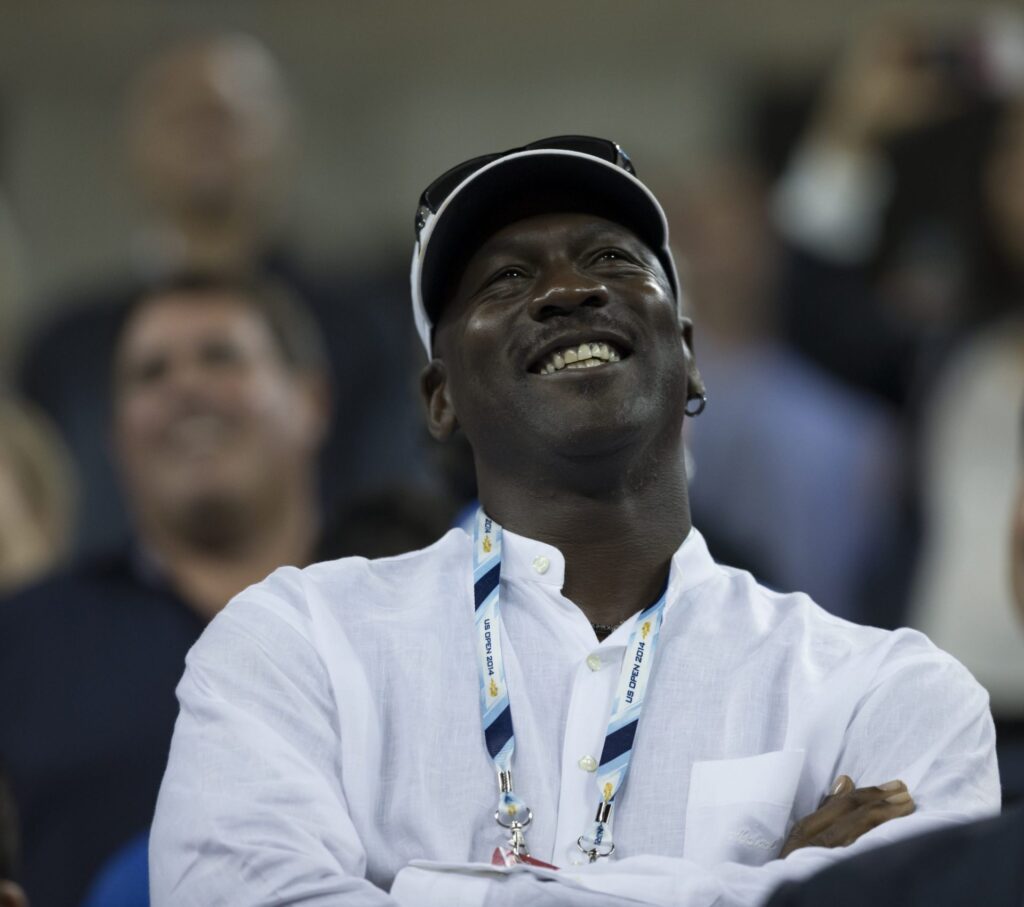In a significant development, two NASCAR teams, including 23XI Racing co-owned by Michael Jordan, have filed a federal antitrust lawsuit against NASCAR and its chairman, Jim France. The lawsuit, filed in the Western District of North Carolina, alleges that NASCAR’s charter system unfairly restricts competition and binds teams to the series, its tracks and suppliers.
This legal action follows two years of contentious negotiations between NASCAR and the 15 charter-holding organizations within the Cup Series. The teams claim that the France family and NASCAR have acted as “monopolistic bullies,” imposing their will on teams and stifling competition.
Introduced in 2016, the charter system was designed to provide revenue sharing and stability for NASCAR’s top teams. However, the lawsuit argues that this system has failed to deliver profitability for many teams. Of the original 19 team owners granted charters, only eight remain in the sport.
The plaintiffs, 23XI Racing and Front Row Motorsports, are seeking a fairer revenue-sharing model, a voice in governance and rule-making, and a share of profits from NASCAR’s commercial deals involving participants’ names, images and likenesses. They also advocate for making charters permanent, a request NASCAR has refused.
The teams have enlisted Jeffrey Kessler, a prominent antitrust attorney known for his work in various professional sports. Kessler plans to seek a preliminary injunction that would allow the teams to compete under the new charter agreement while the lawsuit unfolds.
The lawsuit claims NASCAR violated the Sherman Antitrust Act by coercing teams into accepting anticompetitive terms. Many teams reportedly felt pressured to sign the new charter agreement, describing the experience as being “under duress.”
Jordan expressed his commitment to fighting for a more equitable racing environment, stating, “I love the sport of racing and the passion of our fans, but the way NASCAR is run today is unfair to teams, drivers, sponsors and fans. Today’s action shows I’m willing to fight for a competitive market where everyone wins.”
The outcome of this lawsuit could significantly impact NASCAR’s future and its teams. As the racing community watches closely, these actions may pave the way for a more competitive and fair environment in stock car racing.
This legal challenge represents a pivotal moment in NASCAR’s history, potentially reshaping the relationship between the governing body and its teams. The lawsuit’s allegations of monopolistic practices and unfair revenue distribution strike at the heart of NASCAR’s business model.
The involvement of Michael Jordan, a sports icon and successful businessman, adds significant weight to the lawsuit. His statement emphasizes the broader implications of the case, suggesting that the current system is detrimental not just to teams, but to drivers, sponsors and fans as well.
The teams’ demand for a voice in governance and rule-making highlights a desire for more democratic decision-making within NASCAR. This push for increased team involvement in shaping the sport’s future could lead to significant structural changes if successful.
As the case progresses, it may attract attention from other sports leagues and regulatory bodies, potentially influencing discussions about fair competition and revenue sharing across the sports industry.
The lawsuit also sheds light on the financial challenges faced by NASCAR teams, even successful ones. This public airing of financial grievances could impact sponsor relationships and fan perceptions of the sport’s economic health.




